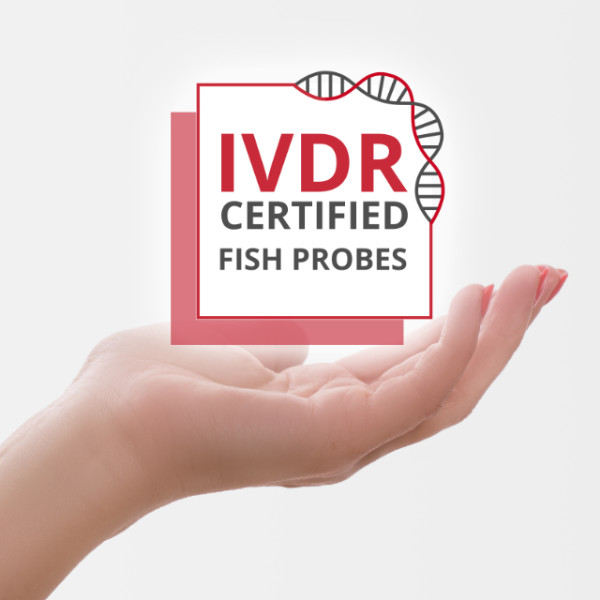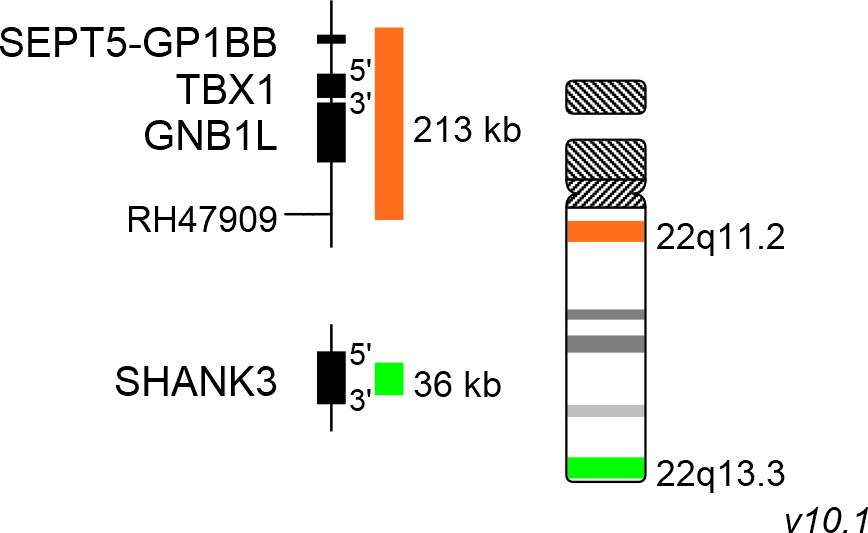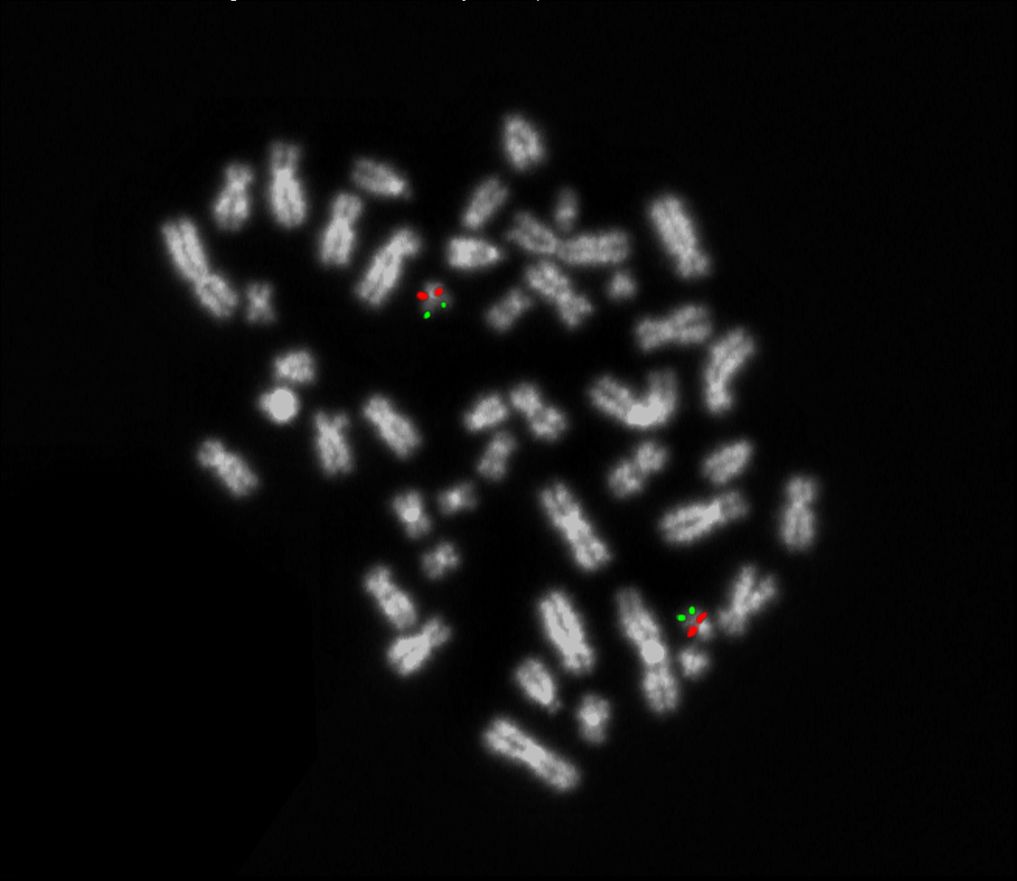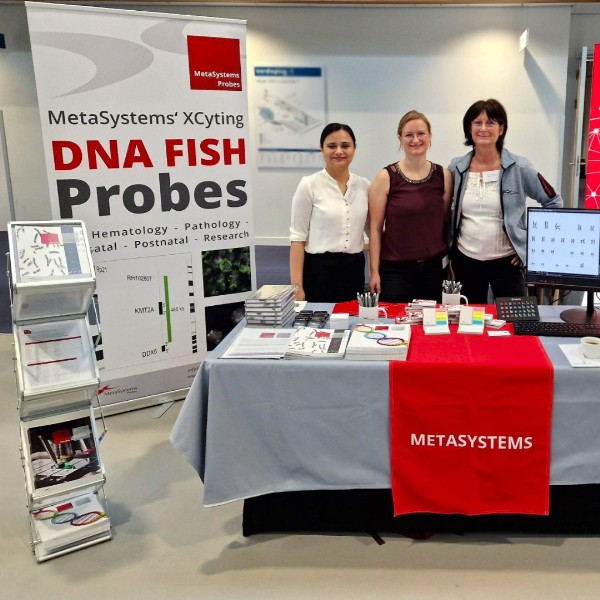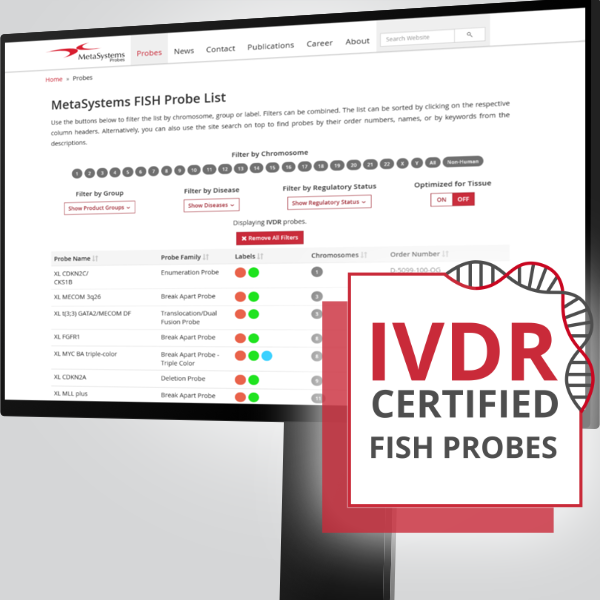MetaSystems Probes has received IVDR certification for our initial 26 fluorescence in situ hybridization (FISH) probes from the notified body, BSI. Achieving this milestone was not without its challenges, and we are delighted to have accomplished IVDR certification for this probe set at an early stage.
